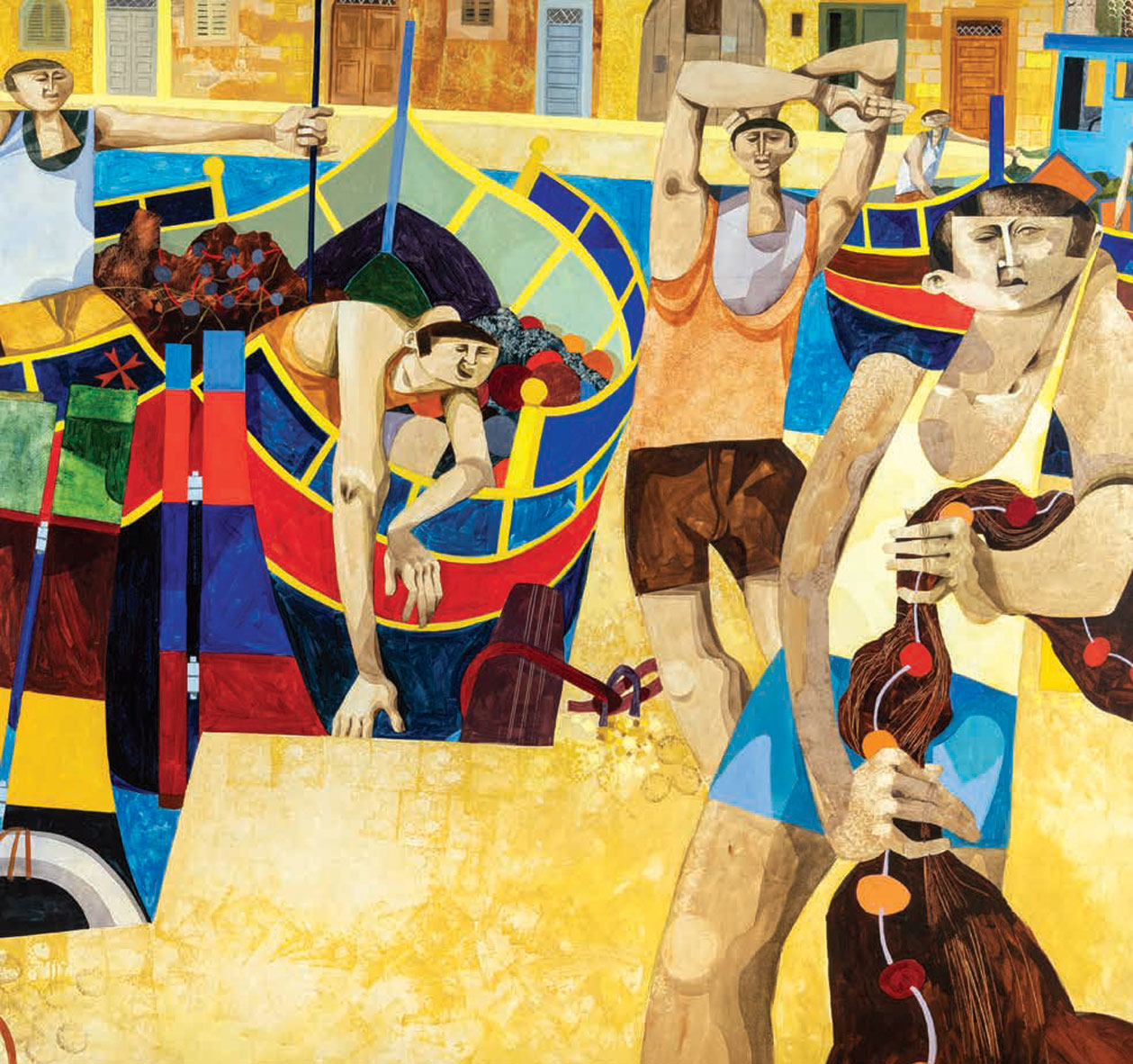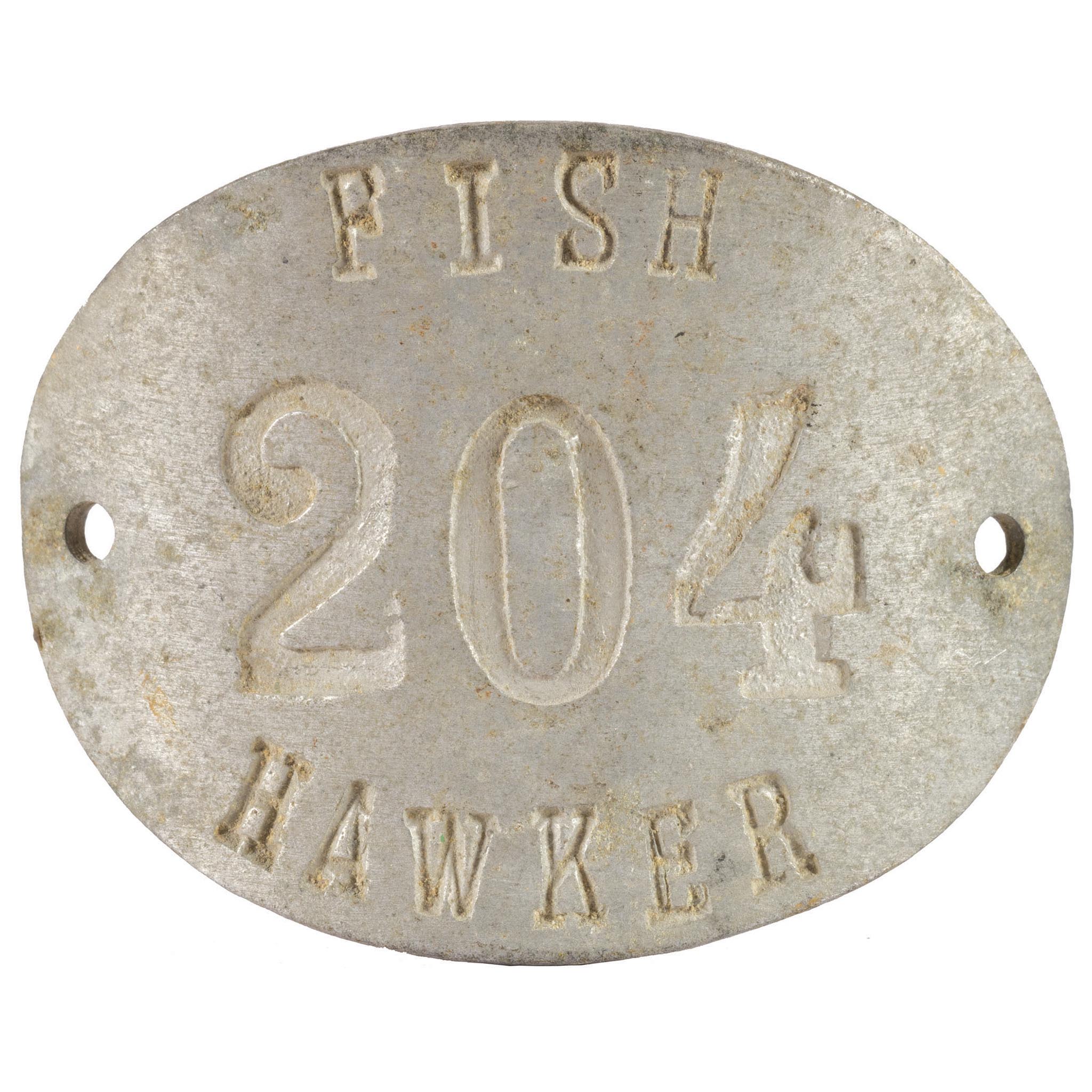Coastal resources have been used by mankind globally as means of economic and social development since time immemorial. The locations where this activity takes place have their own history. They are spaces where communities meet, values are shared, and traditions passed on from one generation to the next. In the light of the global phenomena of commercialisation, modernisation and climate change, which are affecting both natural and cultural heritage, this section aims at increase focus on one of humanity’s oldest industries, and the resilience of fishing communities in coastal locations in the long term.
A fish trap is a perfect representation of this heritage as it can be seen as a universal fishing language due to having been adapted across various cultures and periods in history, whereas personal tools of the fisherman, such as a Fish Hawker Badge and a Longline Fish Basket, showcase individuality.
The supporting family members of the fisherman are as important to this heritage as the fishing operation itself. Being outspoken and notoriously loud, they sell their perishable products with efficiency early in the morning, as beating the competition and haggling with customers is a must for the sustainability of the family’s business.









